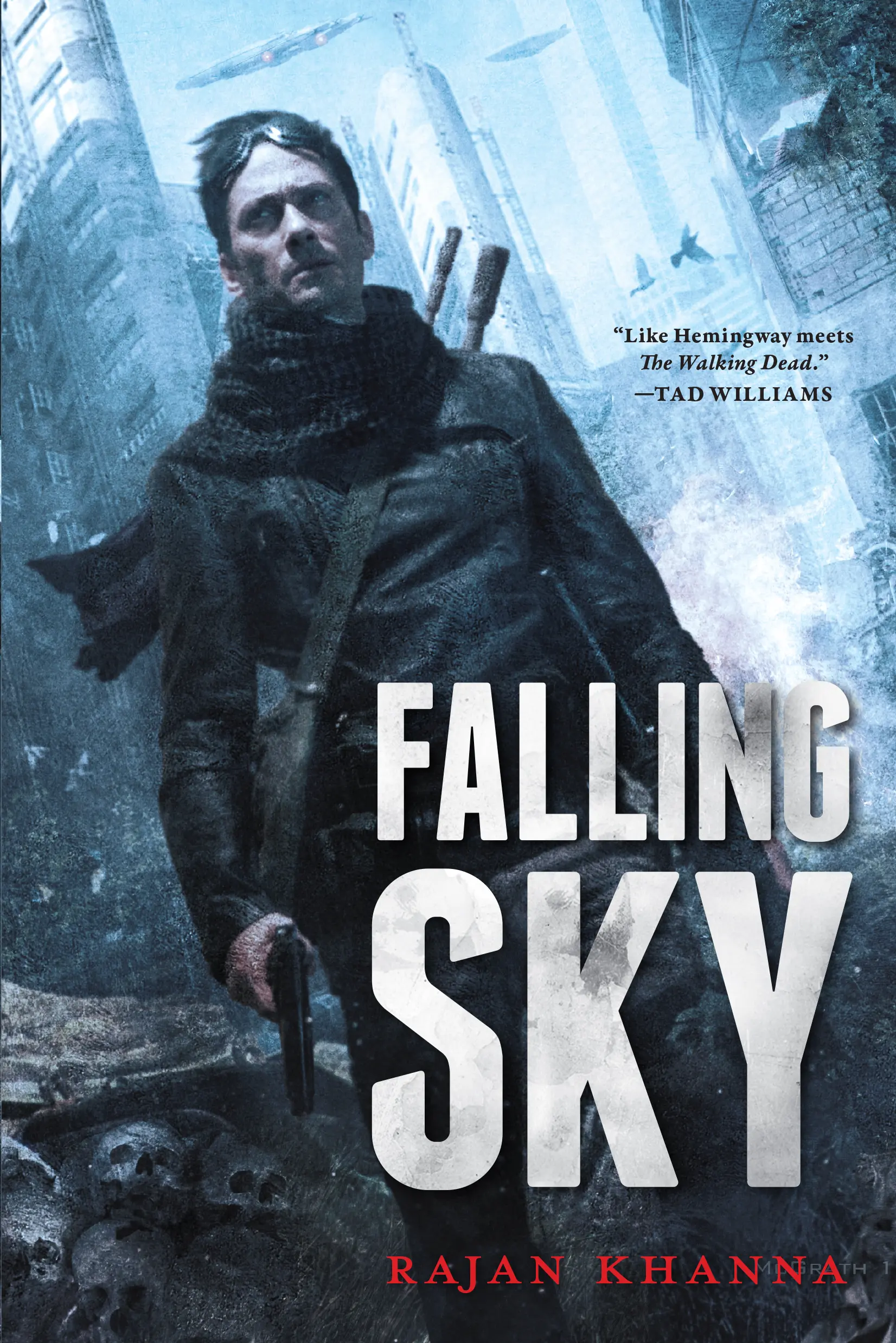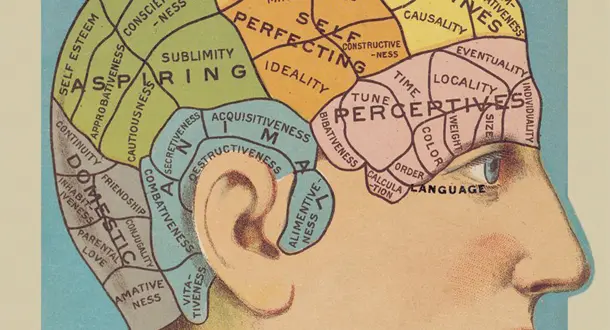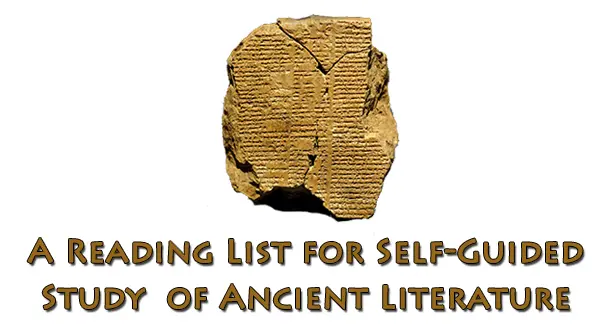Menu
Columns
Showing 3546 Columns
Showing 3546 Columns
August 28th, 2015

There's something about becoming a parent that fundamentally rewires your brain. From my experience, at least. For a long time I was always on the fence about having a kid. It seemed like a thing I would eventually do, but it wasn't something I was rushing toward. And then my daughter arrived. Some days when I'm at work I get depressed because I'm not home with her. So I have to flip through goofy pictures of her on my phone and it only makes me feel a little better.
Read Column →August 27th, 2015

So Why Do You Write? This has to be a question you’ve asked yourself. Or read in a writing forum somewhere. We all ask ourselves this at some point, usually when the need to justify the time, effort and anguish becomes intense. After a slew of rejections or when an acquaintance gets published. Or when you read over what you wrote the day before and wince. Why the fuck am I doing this?
Read Column →August 26th, 2015

In October of 2013, I was having a bad year. I was jobless, living in a place I hated, and lacking hope. It was one of my lowest points, that quickly became of my highest because that month I sold my first novel, Falling Sky. A lifelong dream of mine had come true. I was going to be a published author. And yet there was just one persistently buzzing fly in the ointment — I hadn't finished the book.
Read Column →August 26th, 2015

Every now and then a tidal wave comes along in book publishing. Big releases can sometimes act as a shot in the arm for struggling bookstores, and they’ve helped to keep a changing industry afloat.
Read Column →August 25th, 2015

There’s nothing as exciting as the shiny world of Hollywood, where nobody is quite what they seem and drama is set to unfold not only on the sets of our favorite films and television shows, but in real life as well. America’s fascination with all things Hollywood knows no bounds, and luckily there are many Young Adult novels depicting the high profile lives of the stars to keep readers satisfied. Ranging from sweet contemporary romance to intriguing historical settings, there’s a Hollywood YA for every taste.
Read Column →August 24th, 2015

So I’m going to totally sound like that racist guy in your office who was forced into sensitivity training by your boss right now, but in my case, it’s actually true. When it comes to reading, I’m colorblind.
Read Column →August 24th, 2015

It's perhaps the most well-known piece of writing advice out there. "Write what you know." We're not really sure where it came from—Hemingway, Twain, or some other quotable dead guy? Whatever the origin, it is rather reviled among many writers, mainly because it oversimplifies the craft and ostensibly devalues the imagination. But while I understand where this ire comes from, I think this advice can be valuable to any writer, because largely "write what you know" is misunderstood, and it needs clarification. So let's do just that.
Read Column →August 21st, 2015

So you want to learn about ancient literature* but no class on the subject is being conveniently offered for you? Well, I can help! I had the chance to study in ancient literature in a few different courses, and I decided to compile a list of the reads I found most interesting. To spice it up a bit, I'll pair a few of these an *For clarity, "ancient" in this case spans from the beginning of literature to about 600 C.E., thanks to the arbitrary divisions we've made in categorizing literature.
Read Column →August 21st, 2015

We see no shortage of people talking about the benefits of social media to authors and publishers. Rightfully so, when used effectively a couple of well-targeted social media accounts can serve as excellent resources in your promotional toolkit. Furthermore, it’s a great way to network with other professionals and to even – shock, horror – make friends. The humble mailing list is often lost in the noise of social media when the conversation turns to promotion. Unfortunate given the mailing list is the better promotional tool. Here’s why.
Read Column →August 20th, 2015

I have a few books up in the Kindle store. Like a lot of writers, I assume. And like a lot of writers, mine cover topics such as pre-adolescent boy ninjas and masturbating in a tiny house. I make a lot of assumptions. They are often false. At the risk of force-feeding the snake its own tale, if you will, I read a column here at LitReactor called "25 Book Marketing Ideas for the Desperate and Shameless" by Max Booth III.
Read Column →🎼
Tell us about your book, and we'll give you a writing playlist
Take our 1 minute quiz to find your ideal tunes.